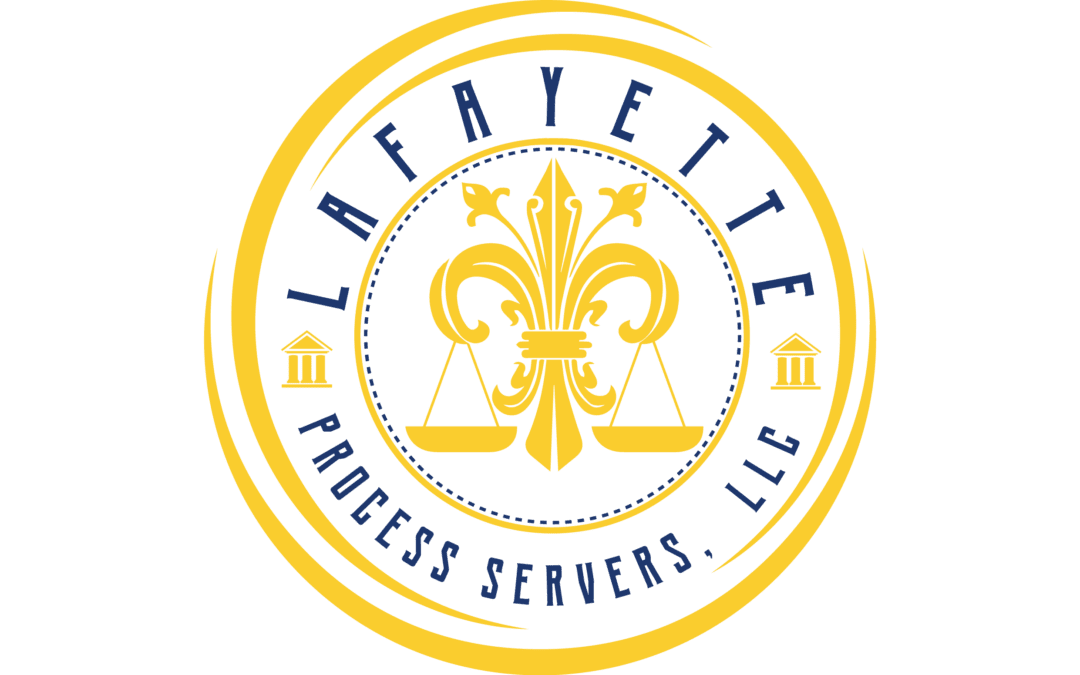Receiving legal papers can be a stressful and confusing experience. Knowing how to handle being served documents is essential, whether you are being sued, served with a subpoena, or summoned to court. In this article, we will discuss the process of being served, why a process server may be looking for you, and what to do if you are served with legal papers.
What Does it Mean to be Served?
Being served means that you have been officially notified of legal action being taken against you. This can include being sued, served with a subpoena, or summoned to court. The person who delivers the papers is called a process server, and their job is to ensure that the documents are delivered to the correct person promptly and legally.
Why Would a Process Server Be Looking for Me?
By Marissa Grootes (https://unsplash.com/@marissacristina)
There are a few reasons why a process server may be looking for you. The most common cause is that you are being sued. This could be for various reasons, such as a debt collection, a personal injury claim, or a divorce. Another reason a process server may be looking for you is if you are being summoned to court as a witness or for jury duty. Additionally, you may be served with a subpoena if you need information for a legal case.
What to Do When You Are Served
If a process server appears at your door, it is essential to remain calm and handle the situation professionally. Here are the steps you should take when you are served with legal papers:
- Accept the papers: The process server will hand you the papers and ask you to sign a document acknowledging that you have received them. It is important to accept the papers and sign the document, as refusing to do so will not stop the legal action.
- Read the papers carefully: Take the time to read them and ensure you understand what they are for. You can ask the process server or consult a lawyer if you have any questions.
- Keep the papers in a safe place: It is essential to keep them in a safe place where you can easily access them. You may need to refer to them in the future, so keeping them organized and secure is essential.
- Note the deadline: If you are being sued, you will need to respond to the lawsuit by a certain date. Make sure to note this deadline and take action accordingly.
- Seek legal advice: If you are being sued, it is important to seek legal advice as soon as possible. A lawyer can help you understand the legal process and advise you on the best course of action.
What Happens if You Ignore Being Served?
Ignoring being served with legal papers is not a good idea. If you do not respond to a lawsuit or a subpoena, the court may enter a default judgment against you. The other party automatically wins the case because you did not respond. If you are being sued, the court may issue a warrant for your arrest if you do not show up for your court date.
How to Respond to Being Served
If you are being sued, you will need to respond to the lawsuit by the deadline stated in the papers. Here are the steps you should take to respond:
- Please consult with a lawyer: It is essential to consult with a lawyer before responding to a lawsuit. They can help you understand the legal process and advise you on the best action.
- Gather evidence: If you are being sued, you must gather evidence to support your case. This can include documents, photos, or witness statements.
- Draft a response: Your lawyer can help you draft a response to the lawsuit. This will outline your side of the story and any defenses you may have.
- File the response: Once your response is complete, it must be filed with the court by the deadline stated in the papers.
What to Do if You Are Served with a Subpoena
If you are served with a subpoena, you must comply with the request for information or appear in court. Here are the steps you should take:
- Read the subpoena carefully: Make sure you understand what is being requested of you and the deadline for compliance.
- Consult with a lawyer: If you have any questions or concerns about the subpoena, it is essential to consult with a lawyer.
- Gather the requested information: If you are being asked to provide information, gather it and deliver it by the deadline.
- Show up to court: If summoned, show up on the specified date and time.
How to Avoid Being Served

by Joshua Woods (https://unsplash.com/@soldtunic4)
The best way to avoid being served with legal papers is to stay informed about any legal actions that may be taken against you. Here are some steps you can take to avoid being served:
- Keep your contact information current: If you move or change your phone number, update your contact information with any relevant parties.
- Check your mail regularly: If you are being sued, you will likely receive a notice in the mail before being served. Make sure to check your mail regularly so you can respond promptly.
- Respond to any notices: If you receive a notice in the mail, make sure to respond to it promptly. Ignoring it will not stop the legal action.
- Consult with a lawyer: If you are unsure about any legal notices you receive, it is essential to consult with a lawyer.
Conclusion
Being served with legal papers can be a stressful and overwhelming experience. However, you can confidently handle the situation by understanding the process and knowing how to respond. If you are being sued or served with a subpoena, seeking legal advice and responding promptly is essential. You can navigate the legal process and protect your rights by following these steps.


